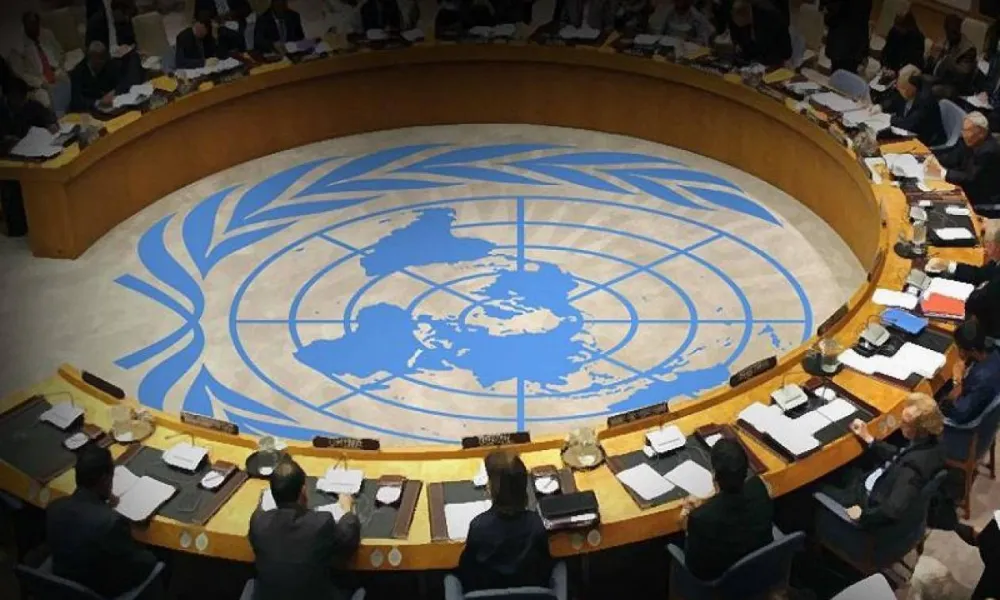The UN Security Council is set to hold closed consultations on Iran today, following a request from France and the United Kingdom. The two countries, together with Germany, sent a letter on 28 August declaring that they consider Iran to be in “significant non-compliance” with its obligations under the Joint Comprehensive Plan of Action (JCPOA) nuclear agreement.
By making this move, the so-called E3 triggered the “snapback” mechanism, which reinstates UN sanctions against Tehran (S/2025/538).
E3 Accuse Iran of Breaching Commitments
In their letter, France, Germany and the UK said their decision was based on “clear evidence” of Iranian violations, including:
-
Stockpiles of enriched uranium exceeding 8,400 kilograms (40 times the permitted limit)
-
Hundreds of kilograms enriched up to 60% without IAEA records
-
Operation of thousands of advanced centrifuges
-
Enrichment at prohibited facilities
-
Restricted access for the International Atomic Energy Agency (IAEA)
The E3 said they had offered Tehran a temporary extension of Resolution 2231 if it restored IAEA access, accounted for its uranium stockpiles and resumed negotiations with the United States. According to diplomats, Iran failed to respond, prompting the E3 to activate the snapback. They stressed, however, that the move does not rule out diplomacy.
US Secretary of State Marco Rubio backed the E3 decision, adding that Washington remains open to direct dialogue.
Russia and China Push for Extension
In contrast, China and Russia have drafted a resolution to extend the JCPOA and Resolution 2231, which are due to expire on 18 October 2025, for six months, until 18 April 2026.
Their proposal, already circulated but not yet scheduled for a vote, does not require any concessions from Iran. Moscow and Beijing are expected to denounce the snapback move during the closed-door talks, calling it an “unjustified escalation”, and argue that their draft offers diplomacy more time.
Tehran Rejects Snapback Legitimacy
Iran has rejected the legitimacy of the E3’s action, arguing that France, Germany and the UK forfeited their participant status after breaching their own commitments. Tehran also warned that activation of the snapback mechanism could push it to withdraw from the Nuclear Non-Proliferation Treaty (NPT).
With information from CNA
